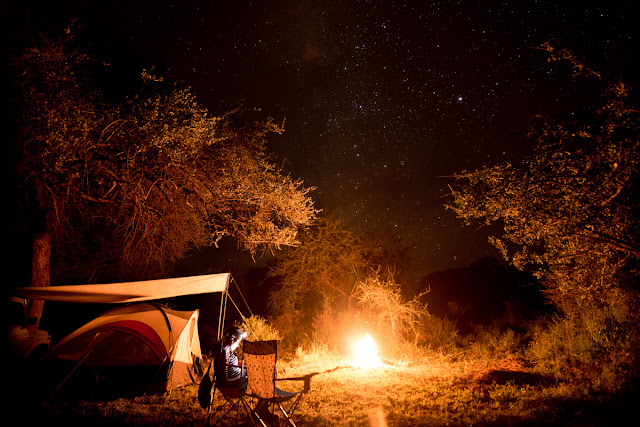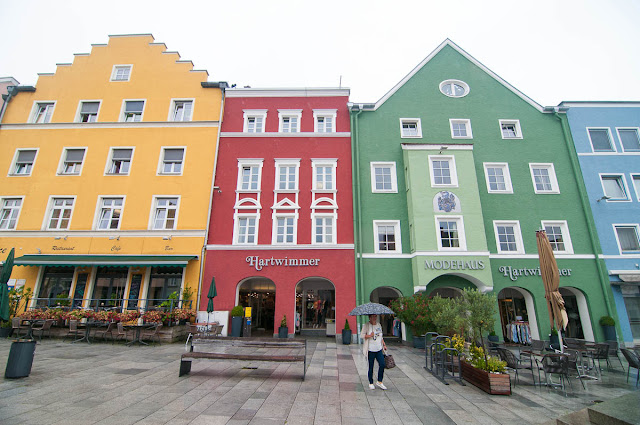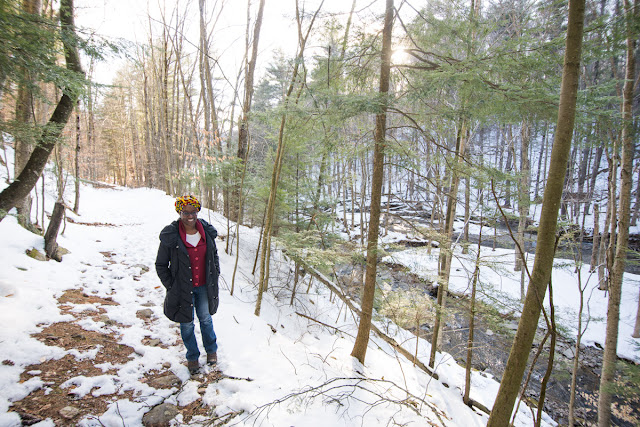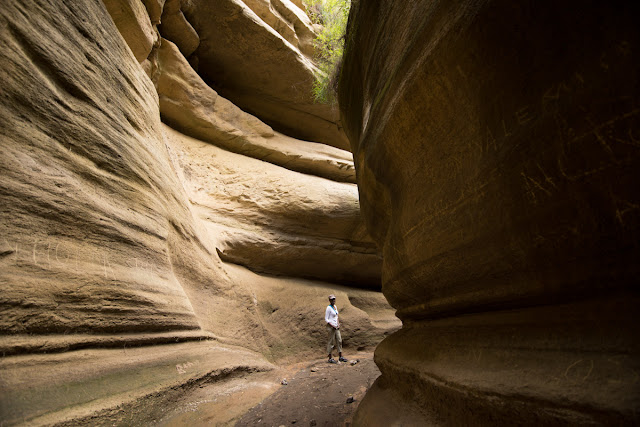Kenya: Cucu in her element - Elburgon
I am not sure how old my Çuçu (Kikuyu for 'grandmother', pronounced shoh-shoh) is, but definitely in her 90s. Recently (and by recently I mean just before Covid-19) she came to Nairobi for a medical check up. Seems all was well and she couldn't wait to get back home so we had the privilege of driving her back to her home in Elburgon.
The drive down is always beautiful and Çuçu is great company, so we had a ball. She is in reasonably good health for her age and is mentally in possession of a full deck of cards so she gave us lots of interesting history as we drove down, pointing out places she had lived and visited in her life.
As usual we drove down by the escarpment road that clings to the side of this vast and ancient Rift Valley that I will never tire of seeing. You see Mt. Longonot in the distance (an active volcano!) and ponder the vast movements below the surface of the earth that result in this entire vista dropping down a few hundred meters. Even now, occasionally, residents get a nasty shock when they wake up and find that their homestead has parted in the middle and now the bathroom and goats are on far side of a vast chasm that opened up overnight.
We got there in one piece and take a while to explore the shamba (farm). When we were kids my parents would bring us here and leave us for a week or two, and part of the daily fun was taking the cows down this path to the river to drink.
We don't go all the way to the river because it is quite some distance, but we get up to the maize fields where Gathuru, my cousin (all us firstborn male cousins are named Gathuru) chops some maize for us. It doesn't get any fresher than this.
Nothing in a farm is wasted. So the old maize plants become sheep and cattle feed after we have harvested the ears. Elburgon is at quite a high altitude so it gets cold here and those sheep need their nice thick coats to keep warm.
On the trip back home we stopped randomly at a place called 'Kembu Cottages' - a restaurant that allowed us to use their grounds in exchange for buying drinks from them. It had such a pretty garden with a few pretty cottages if you ever want to stop by. It also has a long and fascinating history. One of the cottages is a refurbished carriage that is more than 100 years old.
As we drove back, the weather went a bit crazy. Huge clouds piled up, then the sun popped out. Then rain, then sun, then rainbow. We were confused BUT a massive plus of all this was beautiful light diffusing through the afternoon sky.
I have tried for years to get a nice picture at the escarpment of the sun setting and always failed - the strange weather helped me out this time. This, by the way, is a toilet with probably one of the best views ever.
Turning our back on the beautiful sunset we turned around and saw this beautiful rainbow. A lovely moment to remember! All courtesy of 'Digital Valley View Point'.
A short distance away from Elburgon is a town named Njoro that we passed through on the way back. And thus I leave you with the story of a little 4 year old girl named Beryl Markham who grew up there when her family emigrated to Kenya 1906. She learned about horses on her father's farm in Njoro.
Beryl was a free spirit and non-comformist. She learned how to fly a plane and worked as a bush pilot for some time. She eventually was the first person to fly solo across the Atlantic ocean from East to West (landing in Nova Scotia!). She wrote a memoir 'West with the Night' which is highly recommended reading. Then in 1952, after living in California for a while, she moved back to Kenya and set up a horse training farm not far from where we live now and proceeded to become for a time the most successful horse trainer in Kenyan history. She died in 1986 in Nairobi having lived an interesting and varied life.
So I told this story to my dad, and he told me another Njoro story. So now I leave you, for the second time, with the real life story of my dad growing up near Njoro. One day he was sent to Njoro to sell maize. He got the money, but then was caught by the police crossing the railroad tracks illegally. So he was arrested and sent to Nakuru (on the very same train) and thrown into jail. After a night in jail he was marched across town in handcuffs and sent to court and fined 20 shillings (which fortunately he had because of the sale of maize, otherwise it would have been back to prison for him) and allowed to go home.













